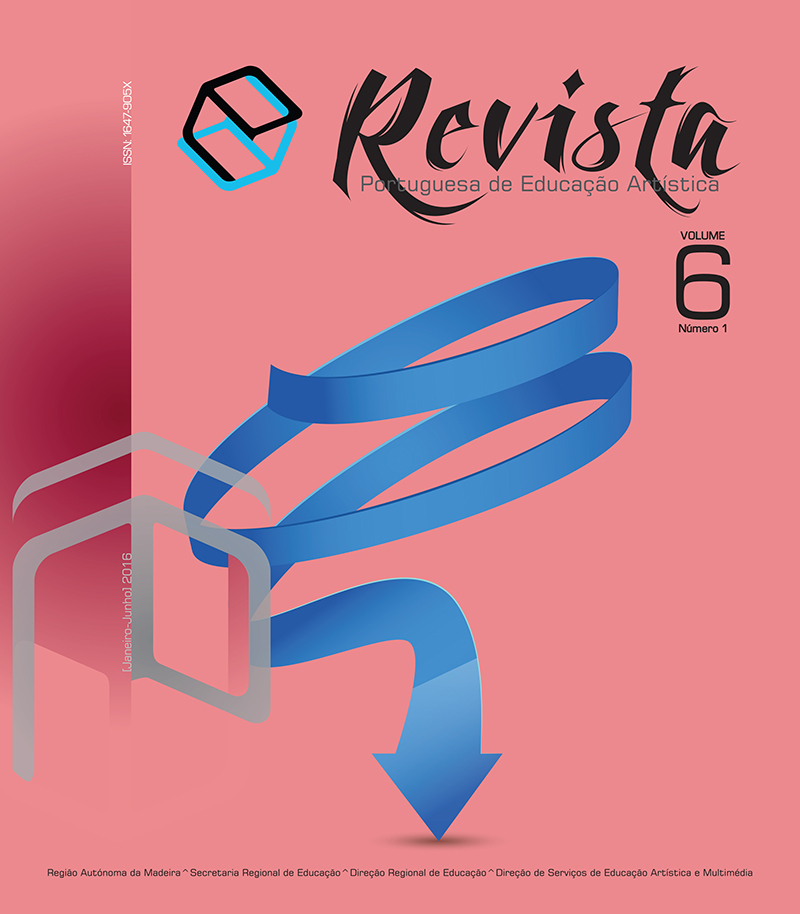Música como Prática Social: Uma Reflexão Crítica sobre a Atividade de Educação Musical no 1.º Ciclo do Ensino Básico no Âmbito das Atividades de Enriquecimento Curricular
DOI:
https://doi.org/10.34639/rpea.v6i1.15Palavras-chave:
Música, Educação, Educação Artística, Criança, EscolaResumo
A música é uma prática social comunicativa e expressiva por excelência, uma linguagem que pela sua natureza estética e emocional nos liga de forma única ao mundo e aos outros. Através da produção sonora realizada coletivamente ? do cantar, do tocar, do compor, do olhar, do escutar ?, as crianças dialogam e constroem significados, partilhando-os e transformando-os, enriquecendo assim as suas práticas e horizontes culturais. A música está cada vez mais presente nos vários contextos que as crianças frequentam, nas suas brincadeiras, nas canções e jogos de recreio, nos filmes e séries favoritas. É uma prática de lazer no tempo livre, faz parte de muitas práticas pedagógicas de sala de aula em diferentes áreas disciplinares e, apesar de ser considerada oficialmente uma área curricular disciplinar, é constantemente “empurrada” para o pós-letivo. Neste texto fazemos uma reflexão sobre a música como prática social e sobre a sua importância enquanto atividade de educação artística no 1.º ciclo do Ensino Básico
Downloads
Publicado
Edição
Secção
Licença

O trabalho Revista Portuguesa de Educação Artística está licenciado com uma Licença Creative Commons - Atribuição-NãoComercial 4.0 Internacional (CC BY-NC 4.0).



